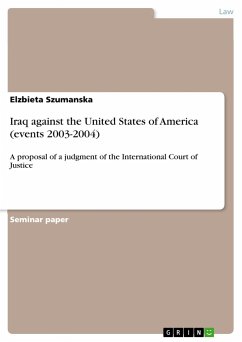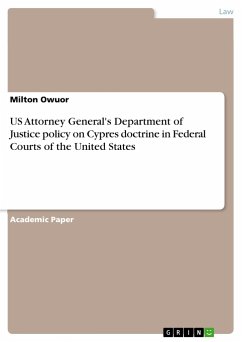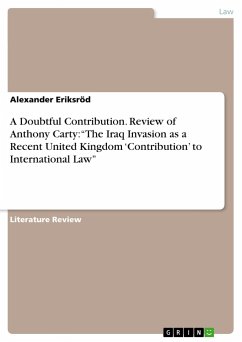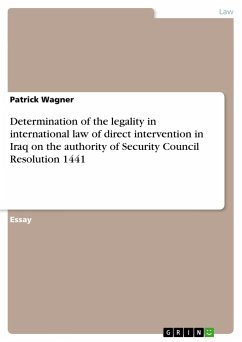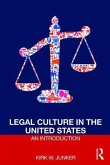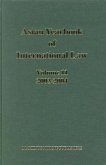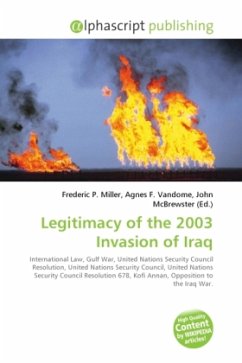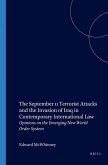Seminar paper from the year 2008 in the subject Law - European and International Law, Intellectual Properties, grade: 1,0, European University Viadrina Frankfurt (Oder), course: International Judicial System, language: English, abstract: In order to understand the "Second Iraq War", to follow argumentation of both sides and todeliver an appropriate judgment, firstly it is necessary to prove historical facts that have shapedgiven situation.Saddam Hussein came formally to power in July 1979 as a President and Chairman of theRevolutionary Command Council. Hussein had the absolute power in Iraq and His control of themilitary and all state institutions was beyond question. Under his leadership Iraq has never been ademocratic, peaceful state: systematically violated laws and human rights, mass killings, torturesand political imprisonment led to a crisis which has become a subject of the dispute on internationalstage till nowadays.One of the conflicts, Hussein was involved in, was the war with Iran 1980-1988 for thecontrol over the waterway Shatt al-Arab. This warfare has grown from a much wider background:Kurdish and Shiites problem, religious conflict, personal enmity between Hussein and AyatollahKomeini and Iraq's gain to replace Iran's leading position in the Arab world. As a result of theconflict, where chemical and biological weapons were used, died and were wounded hundredsthousands of peopleThe next aggressive step of Hussein's government was the invasion of Kuwait in August1990 behind an accusation that the state is stealing oil from Rumailah Fields and establishesmilitary bases within the Iraqi territory. An immediate reaction on the attack resulted ininternational1 demanding of withdrawal of the Iraqi army from Kuwait by issuing severalresolutions2 against Iraq. When Saddam Hussein refused to fulfill their obligations the UnitedNations Security Council put economic sanctions on Iraq (THE SC RESOLUTION 661). InSeptember 1990 the Security Council authorized United Nations Member States cooperating withKuwait government "to use necessary means to uphold and implement Resolution 660 and allsubsequent relevant resolutions" in order to restore peace (THE SC RESOLUTION 678). Husseinrefused to accomplish also this obligation and only the military operation "Dessert Storm" broughtthe war between Iraq and Kuwait to the end (historyguy.com).[...]

